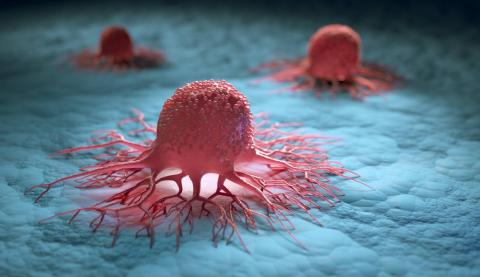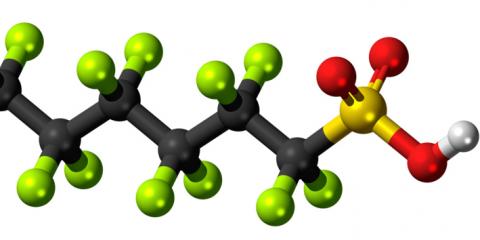Reaction to study finding an association between fish consumption and melanoma risk
A study of nearly half a million adults examines the association between total and specific fish intake and melanoma risk.

Erik Cobo - pescado
Erik Cobo
Statistician and doctor at the Universitat Politècnica de Catalunya - BarcelonaTech (UPC)
The group that does not eat fish has a somewhat lower risk of developing these cancers. Being an observational study, there may be many confounding factors: are those who do not take fish less exposed to the sun or to other factors that predispose to these cancers?
We talk about confounding of effects, and not traditional confounding bias, because the association could be real (taking fish anticipates a bad future) but not causal (not taking fish will not decrease the likelihood of cancer).
It should be epidemiologists and oncologists who:
(1) Study it thoroughly to ensure that there are no important confounding factors not considered in this analysis, perhaps because they are not yet known to science.
(2) Compare this strength of the association with, for example, the strength of the association of smoking with lung cancer or the risk of passive smoking.
(3) Assess other possible risks of bias, such as selection bias: are these two variables, fish consumption and skin cancer, related to a third variable that facilitates case selection? For example, does eating fish and having cancer increase the likelihood of being included in this study?
Yufei Li et al.
- Research article
- Peer reviewed
- Observational study
- People



